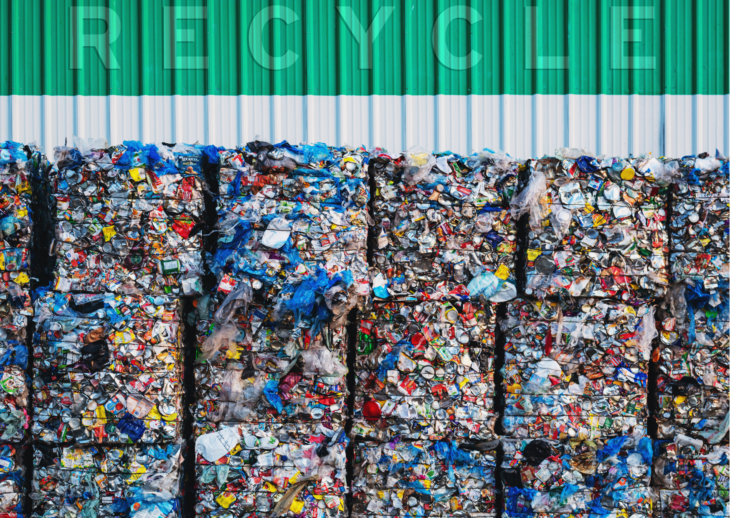Tina Olivero
30 years ago, Tina Olivero looked into the future and saw an opportunity to make a difference for her province and people. That difference came in the form of the oil and gas sector. Six years before there was even a drop of oil brought to the shores of Newfoundland, she founded The Oil and Gas Magazine (THE OGM) from a back room in her home on Signal Hill Road, in St. John’s, Newfoundland. A single mother, no financing, no previous journalism or oil and gas experience, she forged ahead, with a creative vision and one heck of a heaping dose of sheer determination. With her pioneering spirit, Ms. Olivero developed a magazine that would educate, inspire, motivate and entertain oil and gas readers around the world — She prides herself in marketing and promoting our province and resources in unprecedented ways. The OGM is a magazine that focuses on our projects, our people, our opportunities and ultimately becomes the bridge to new energy outcomes and a sustainable new energy world. Now diversifying into the communications realms, a natural progression from the Magazine, The OGM now offers an entirely new division - Oil & Gas Media. Today, The Oil and Gas Magazine is a global phenomenon that operates not only in Newfoundland, but also in Calgary and is read by oil and gas enthusiasts in Norway, Aberdeen, across the US and as far reaching as Abu Dhabi, in the Middle East. Believing that Energy is everyone’s business, Ms. Olivero has combined energy + culture to embrace the worlds commitment to a balance of work and home life as well as fostering a foundation for health and well being. In this era of growth and development business and lifestyle are an eloquent mix, there is no beginning or end. Partnering with over 90 oil and gas exhibitions and conferences around the world, Ms. Olivero's role as a Global Visionary is to embrace communication in a way that fosters oil and gas business and industry growth in new and creative ways.



